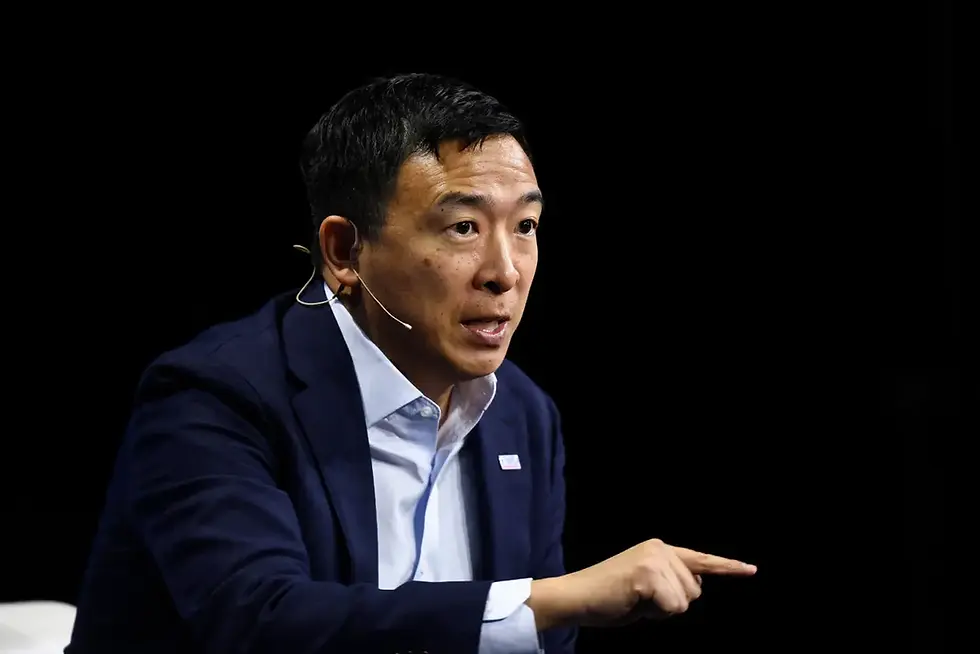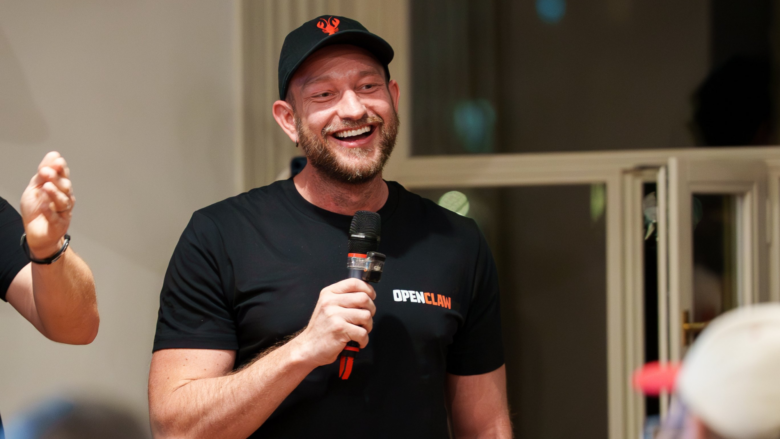Bill Gates vs. AI: Why Coders, Biologists & Energy Experts Are Safe (For Now)
- Michal Kosinski

- Mar 28, 2025
- 4 min read

Artificial Intelligence is advancing at an unprecedented pace, fundamentally reshaping industries and redefining the future of work. Microsoft co-founder Bill Gates recently made a bold prediction: AI will replace humans for most tasks, but three professions—coders, energy specialists, and biologists—will remain indispensable.
This claim raises critical questions: How accurate is this prediction? Which industries will be most impacted by AI? And what should professionals do to future-proof their careers?
The Inevitable AI Takeover: What’s at Stake?
Generative AI has already demonstrated its ability to automate repetitive and complex tasks, eliminating the need for human intervention in many fields. A McKinsey study estimates that AI could automate up to 50% of all work activities by 2030, displacing millions of jobs.
However, automation doesn’t necessarily mean eradication. Many industries will evolve rather than disappear. The key question is: which roles will AI struggle to replicate?
Coding: Will AI Replace Software Engineers?
AI-generated code has improved significantly, with models like OpenAI's GPT-4o and Google's Gemini automating many coding tasks. In fact, Salesforce CEO Marc Benioff recently stated that his company is “seriously debating” whether to continue hiring software engineers.
The Case for AI Dominance in Coding
AI tools like GitHub Copilot and Cursor AI can generate code with minimal human input.
OpenAI’s latest models have demonstrated near-human coding proficiency in multiple programming languages.
AI debugging tools are significantly reducing the time needed to identify and fix errors.
Why Human Programmers Remain Essential
Bill Gates argues that AI cannot fully replace coders yet because:
Creativity & Problem-Solving – AI lacks the ability to conceptualize complex, innovative software architectures.
Error Identification – AI-generated code often contains logical flaws that require human oversight.
Algorithmic Refinement – Engineers still play a critical role in optimizing AI models themselves.
In essence, while AI can assist and accelerate coding, human software engineers will remain in demand for high-level problem-solving, innovation, and AI oversight.
Biologists: Why AI Won’t Replace Them
Biotechnology and medical research have greatly benefited from AI advancements. From drug discovery to genetic sequencing, AI has revolutionized biological sciences. Yet, Gates asserts that AI will not replace biologists.
AI’s Role in Biology
Genetic Analysis: AI tools can decode human DNA sequences in record time.
Medical Diagnostics: Machine learning models outperform doctors in identifying certain diseases.
Drug Discovery: AI is accelerating pharmaceutical breakthroughs (e.g., DeepMind’s AlphaFold in protein folding).
Why Biologists Will Continue to Lead
Despite AI’s advancements, biology remains an inherently human-driven field. AI lacks:
Creativity in Scientific Discovery – AI can analyze existing data but struggles to make intuitive leaps.
Clinical Judgment & Ethics – Medical and genetic research requires nuanced decision-making beyond raw data analysis.
Experimental Design – Human researchers develop hypotheses and conduct experiments, roles AI cannot fully assume.
While AI will augment biologists, the profession remains indispensable.
Energy Specialists: The Least Replaceable Industry?
Bill Gates' third “future-proof” profession is energy specialists—those involved in renewable energy, grid management, and nuclear technology.
Why AI Can’t Fully Automate the Energy Sector
High Complexity – Energy systems involve real-world physics, unpredictable conditions, and long-term planning.
Regulatory & Safety Challenges – Government policies and environmental factors require human judgment.
Infrastructure Development – AI can optimize power grids but cannot physically build or maintain infrastructure.
AI will assist energy experts by optimizing grids and predicting energy consumption, but human decision-makers will still be required to manage large-scale infrastructure and policy implementation.

The Professions at Risk: AI’s Next Targets
If coders, biologists, and energy experts are “safe,” which professions are at the highest risk of AI automation?
Most Vulnerable Jobs
According to a Goldman Sachs report, 300 million full-time jobs could be affected by AI. The most at-risk roles include:
Customer Service Representatives: AI chatbots and virtual assistants are rapidly replacing human agents.
Banking & Financial Analysts: AI models can analyze financial data and detect fraud better than humans.
Legal Assistants & Paralegals: AI-driven legal research and document review tools are automating much of the field.
Industries that rely heavily on repetitive, data-driven tasks are most at risk of AI displacement.
Preparing for the AI-Driven Future
The workforce must adapt to remain relevant in an AI-dominated world. Here are key strategies:
Learn AI Tools – Master AI-powered platforms to stay competitive.
Develop Soft Skills – Creativity, critical thinking, and leadership remain AI-proof.
Embrace Lifelong Learning – Continuous education will be essential to navigate the changing landscape.
Final Thoughts: The Balance Between AI and Human Intelligence
Bill Gates' predictions emphasize that while AI will disrupt many industries, humans will continue to play a vital role in innovation, ethics, and high-level decision-making. The future is not about AI versus humans, but rather AI augmenting human potential.
For those seeking expert insights on the intersection of AI and global industries, the team at 1950.ai, led by Dr. Shahid Masood, is at the forefront of AI research and strategy. Their work explores the next frontier of predictive AI, quantum computing, and global technological shifts.
Further Reading:
AI's Impact on Global Markets – World Economic Forum
The Future of Work in an AI-Powered World – McKinsey & Company
AI and the Job Market – Goldman Sachs Research




Comments